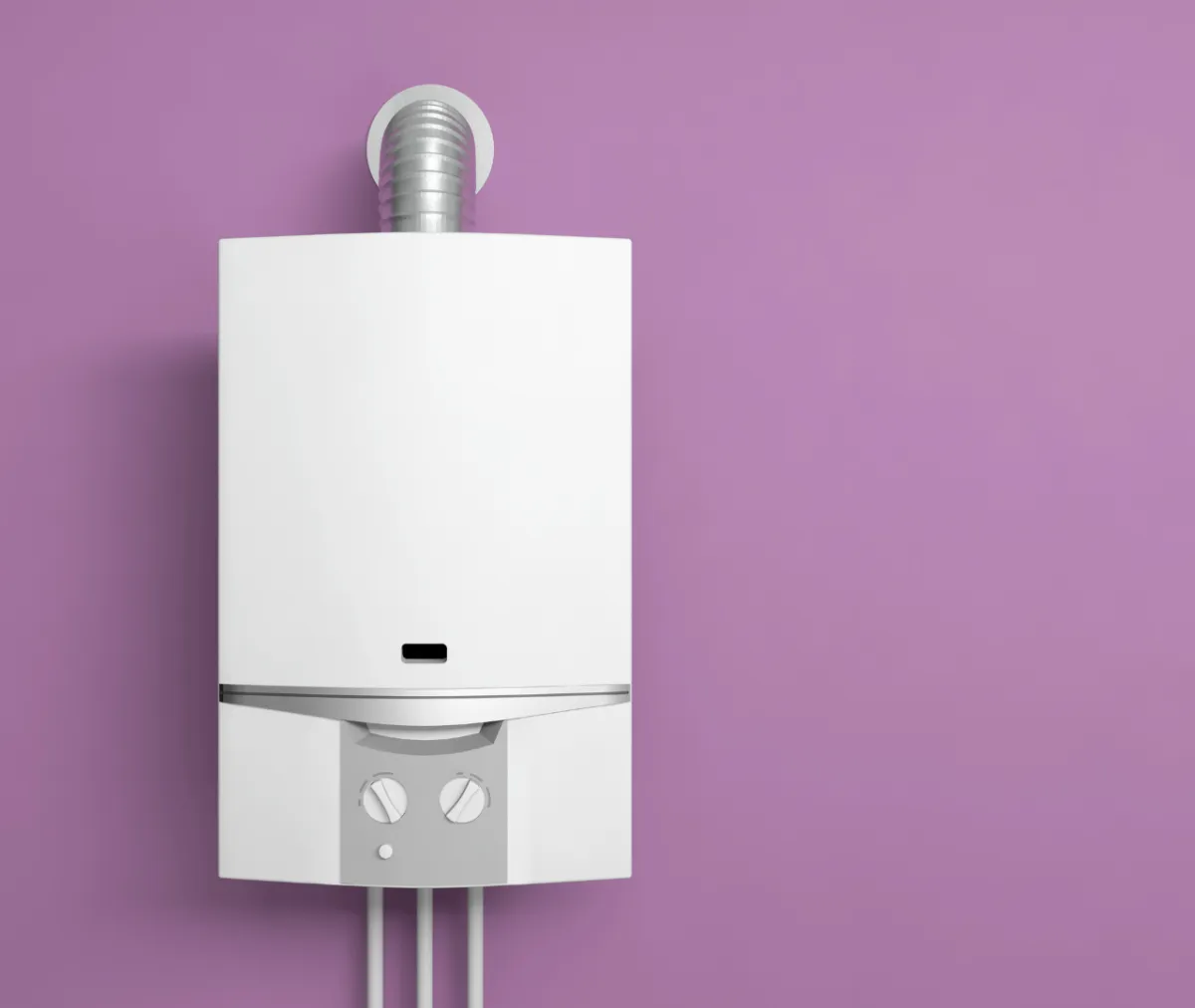Blogs

Energy-Saving Tips: How a New Boiler Can Reduce Your Bills
Energy-Saving Tips: How a New Boiler Can Reduce Your Bills
When it comes to reducing household energy bills, upgrading to a new boiler can make a significant difference. Not only do modern boilers operate more efficiently, but they also offer advanced features that can help you save money in the long run.
Why a New Boiler is More Efficient
One of the primary reasons a new boiler is more efficient is due to advancements in technology. Modern boilers, especially condensing models, are designed to capture and reuse heat that would otherwise be lost in traditional boilers. This process, known as condensing, increases the boiler's efficiency, allowing it to convert more fuel into usable heat. As a result, less energy is wasted, leading to lower heating costs.
Benefits of a High-Efficiency New Boiler
1. Reduced Fuel Consumption: A high-efficiency new boiler uses less fuel to produce the same amount of heat compared to older models. This reduced fuel consumption directly translates to lower energy bills.
2. Improved Heat Distribution: Modern boilers provide consistent and even heat distribution throughout your home. This means you won't have to rely on supplementary heating sources, which can be costly and inefficient.
3. Advanced Controls and Thermostats: New boilers often come with programmable thermostats and smart controls that allow you to set heating schedules based on your daily routine. This precise control helps prevent energy wastage by ensuring your boiler only operates when necessary.
4. Long-Term Savings: Although the initial investment in a new boiler can be significant, the long-term savings on energy bills can offset the upfront costs. Over time, a high-efficiency boiler can pay for itself through reduced energy expenses.
Tips for Maximising Energy Savings with a New Boiler
To fully benefit from a new boiler, consider implementing the following energy-saving tips:
1. Regular Maintenance: Ensure your new boiler operates at peak efficiency by scheduling regular maintenance checks. A well-maintained boiler is less likely to break down and will run more efficiently.
2. Insulate Your Home: Proper insulation can significantly reduce the amount of heat lost through walls, roofs, and floors. By keeping more heat inside your home, your new boiler won't have to work as hard to maintain a comfortable temperature.
3. Bleed Your Radiators: Air trapped in radiators can prevent them from heating up properly. Regularly bleeding your radiators ensures they work efficiently, helping your boiler distribute heat more effectively.
4. Install Thermostatic Radiator Valves (TRVs): TRVs allow you to control the temperature of individual rooms, preventing unnecessary heating in unoccupied spaces. This can lead to substantial energy savings.
5. Optimise Your Heating Schedule: Use the programmable features of your new boiler to create a heating schedule that matches your lifestyle. For instance, lower the temperature when you're not at home and increase it just before you return.
Environmental Benefits of a New Boiler
In addition to saving money, upgrading to a new boiler also benefits the environment. High-efficiency boilers produce fewer carbon emissions compared to older models. By using less fuel and operating more efficiently, a new boiler can reduce your household's carbon footprint, contributing to a greener, more sustainable future.
Investing in a new boiler is a smart decision for homeowners looking to reduce their energy bills and improve their home's heating efficiency. With advancements in technology, modern boilers offer superior performance, enhanced control, and long-term savings. By following the energy-saving tips outlined above, you can maximise the benefits of your new boiler, ensuring a warm and cost-effective home.
Remember, while the initial cost of a new boiler may seem high, the savings on your energy bills and the positive environmental impact make it a worthwhile investment. Upgrade to a new boiler today and start enjoying a more efficient, eco-friendly heating system, contact us to find out more.

Areas Covered:
Address: North Norfolk, Hertfordshire and Bedfordshire